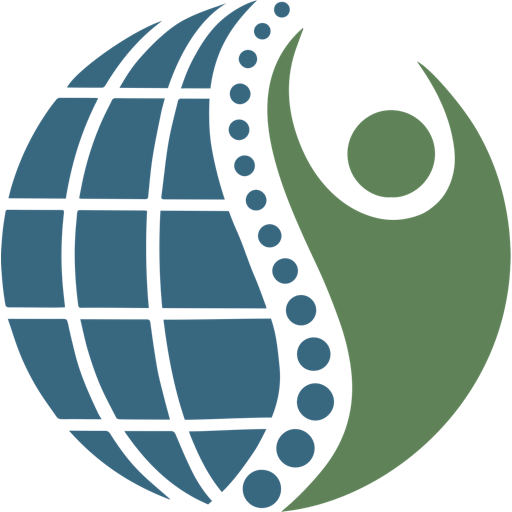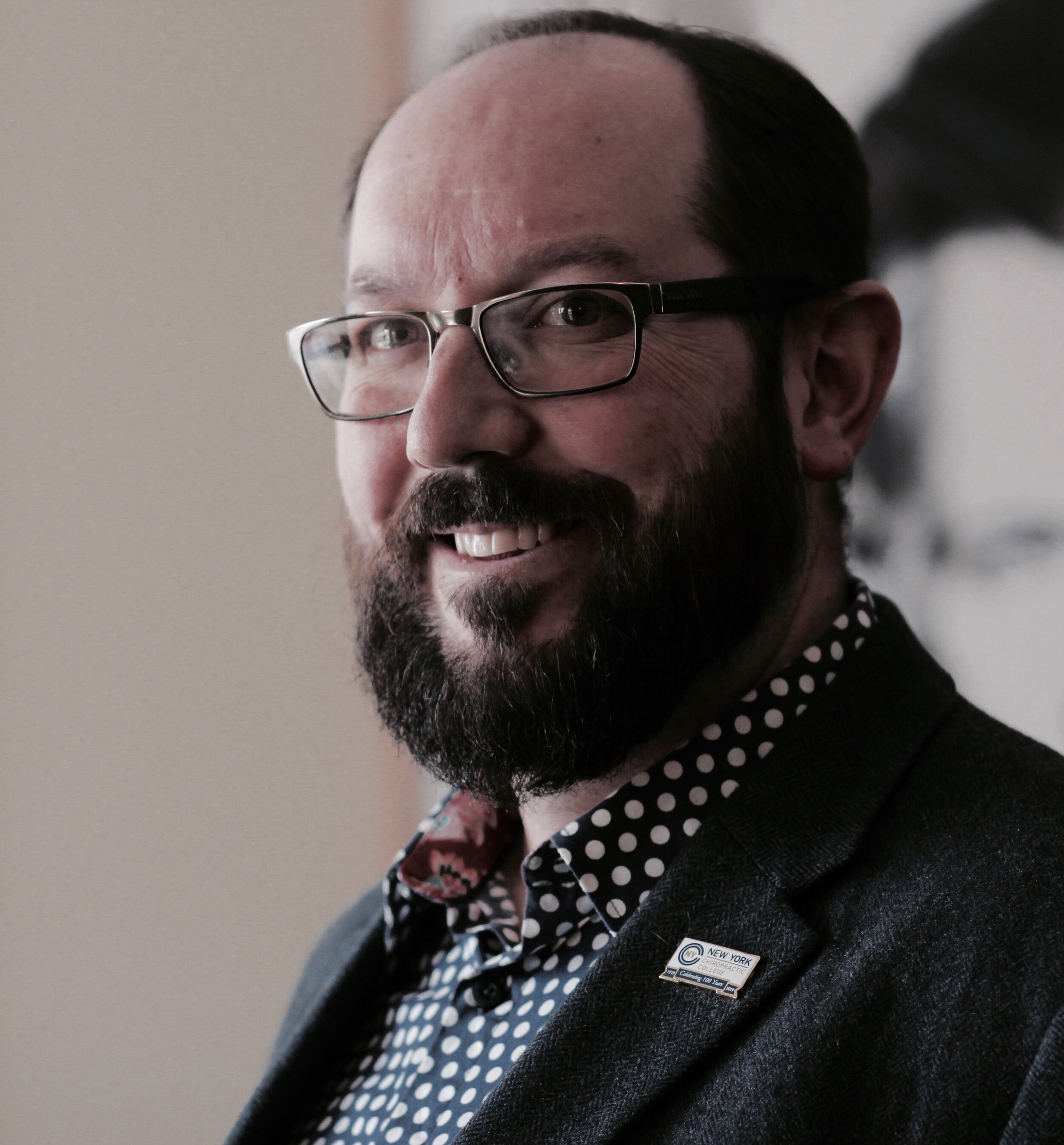World Spine Care Canada and Pimicikamak Okimawin announce a new collaborative project to improve access to spine care
Toronto, Ontario, and Cross Lake, Manitoba
World Spine Care Canada and the Indigenous leadership of Pimicikamak Okimawin (Cross Lake First Nation) are pleased to announce a research project and health service in Cross Lake, Manitoba, Canada. The project is made possible through funding from Health Canada, the Canadian Chiropractic Association, the Canadian Chiropractic Research Foundation, and the Skoll Foundation.
Hon. Carolyn Bennett, Minister of Mental Health and Addictions and Associate Minister of Health is joined by representatives of World Spine Care Canada (WSCC) and Native Child and Family Services of Toronto (NCFS). The minister announced federal funding of $10M for 16 harm reduction projects in Indigenous communities, including the GSCI program to reduce barriers to conservative spine care and minimize opioid exposure in Cross Lake, Manitoba. The funding will be provided through Health Canada’s Substance Use and Addictions Program.
From left to right: Dr. Patricia Tavares (Clinical Coordinator, WSCC), Dr. Jean Moss (President & CEO, WSCC), Jeffrey Schiffer (Executive Director, NCFS), Hon. Minister Carolyn Bennett, Melissa Hamonic (Director of Holistic Services, NCFS), Dr. Deborah Kopansky-Giles (Board Member, WSCC), Kevin Fujita, Traditional Knowledge Keeper.
Back and neck pain are very common and associated with significant productivity loss worldwide. Access to spine care is most challenging in remote areas. Cross Lake residents experiencing symptoms and disability due to back and neck pain will be offered spine care services at no cost. The goal is to reduce their symptoms and disability, improving their quality of life and their ability to participate in daily activities. Health Canada funding supports the operation of a new service offered at the Nursing Station in Cross Lake. Dr. Jennifer Ward will provide hands-on care. She is an Indigenous chiropractor from Natoaganeg, NB, working in Opaskwayak Cree Nation, and a Ph.D. student at the University of Manitoba.
“Indigenous Peoples carry a disproportionate burden of the harms related to substance use, including opioids. Organisations like World Spine Care Canada make a significant difference in helping Indigenous communities struggling with chronic pain.”
Many people seek care and receive prescription opioids for their condition. It is widely recognized that opioids can lead to other serious health issues. Back and neck pain represent a major expense for governments, estimated at over $16 billion annually in Canada. This project facilitates access to high-quality, low-cost, non-pharmaceutical, and non-surgical care for low back and neck pain as the first step in a comprehensive spine care model. The clinician will triage patients and streamline referrals to the most effective and appropriate care when warranted. This study is funded by a contribution from Health Canada’s Substance Use and Addictions Program (SUAP).
“Indigenous Peoples carry a disproportionate burden of the harms related to substance use, including opioids,” said The Honourable Carolyn Bennett, Minister of Mental Health and Addictions and Associate Minister of Health. “Organisations like World Spine Care Canada make a significant difference in helping Indigenous communities struggling with chronic pain build evidence for the culturally sensitive and trauma-informed health supports they need. Initiatives like ‘Reducing barriers to conservative spine care to minimize opioid exposure: A global spine care implementation’ will help improve the quality of life of Indigenous people living with spinal issues and reduce substance use harms in the Cross Lake First Nation Community in Manitoba.”
Providing hands-on care for low back and neck pain is just one part of a larger strategy over the next few years. This initiative also includes training local clinicians on the Global Spine Care Initiative (GSCI) model of care and a community-based, educational movement program informed, in part, by traditional Cree dance styles.
Pimicikamak, a Nation of approximately 8,500 people on the reserve, has suffered from an overburdened healthcare system and its citizens face increasing health concerns.
Representatives of World Spine Care Canada and the Global Spine Care Initiative join members of the Pimicikamak Omikawan during the Mamawitenamatowin Summer Healing Camp in July 2022.
From Left to Right: Dr. Steven Passmore (University of Manitoba), Randall Smolinski (Nurse in charge, Cross Lake Nursing Station), Dr. Scott Haldeman (President & Founder, World Spine Care), Chief David Monias (Pimicikamak Omikawan), Donnie McKay (Councillor, Responsible for Health and Social Services), Dr. André Bussières (Université du Quebec à Trois-Rivières), Dr. Jennifer Ward (Chiropractor, Ph.D. Student, University of Manitoba).
“Pimicikamak is pleased to participate in the Global Spine Care Initiative (GSCI) research project. This research will provide us with statistics and assist the team in examining and understanding how spinal issues may or may not cause spinal pain and/or poor motor skills. The most important part is the potential to advance best practices in therapies, health and wellness to help people with spinal pain experience improved motor function and increase their quality of life. ”
This project is part of the GSCI, the scientific arm of World Spine Care, which aims to work with underserved communities worldwide. According to the GSCI, rates of chronic back pain are higher in low- and middle-income countries. Still, they can also be high in rural areas of higher-income countries where access to healthcare is limited.
This research aims to better understand the interest and capacity of the community to welcome change and work with individuals, as well as listen to community voices, including those of patients, local leaders, and Nursing Station staff. In partnership with leaders and clinicians, the knowledge gained will facilitate capacity building in the community and culturally adapt and implement the GSCI model of spine care. We expect to integrate the new clinical service and community program in late fall-early winter. The research will also evaluate the impact on the health of the community residents.
World Spine Care is honored to work with Pimicikamak Okimawin to provide prevention programs and treatments to help reduce the impact of spine-related disability in Cross Lake.
Media Relations
Chief David Monias
Pimicikamak Okimawin
204-391-2344
André Bussières
Professor, Département Chiropratique, Université du Québec à Trois-Rivières
Andre.Bussieres@uqtr.ca
Steven Passmore
Associate Professor, Kinesiology & Recreation Management, University of Manitoba
steven.passmore@umanitoba.ca
About World Spine Care
World Spine Care (WSC) is a multinational not-for-profit charitable organization. It is a collection of three healthcare-focused charitable entities registered in Canada, the United States, and the United Kingdom. World Spine Care’s mission is to improve lives in underserved communities. The World Health Organization has recognized World Spine Care clinics as an example of “Comprehensive care along the entire pathway.”
The Global Spine Care Initiative was created by World Spine Care to bring together leading healthcare providers, scientists, specialists, government agencies, and other stakeholders to transform the delivery of spine care. The initiative's first phase culminated in the publication of 15 articles in a focus issue of the European Spine Journal.
Learn more about World Spine Care and the Global Spine Care Initiative. To support World Spine Care’s work, please donate.





